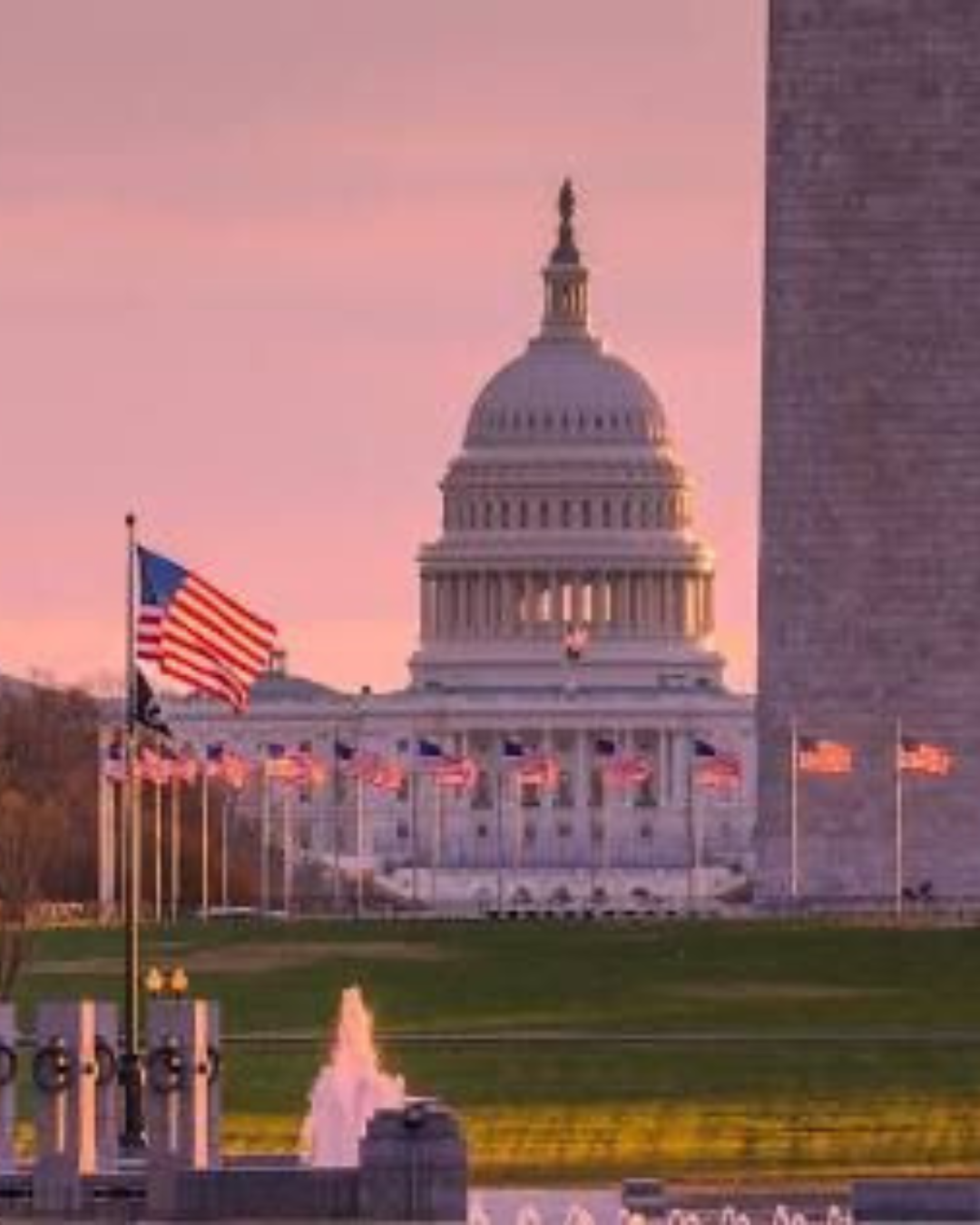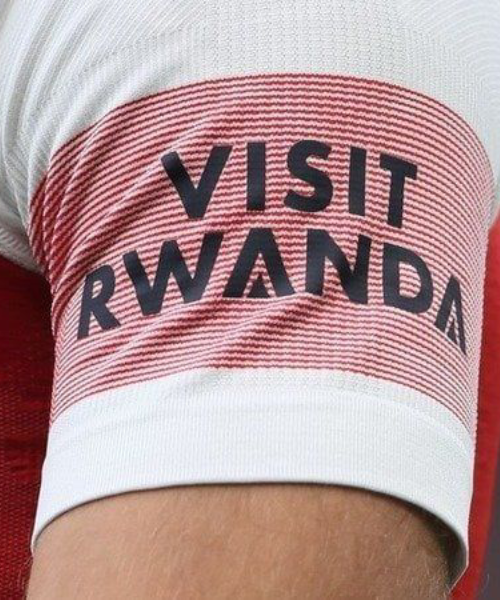Florida Kabasinga, a former prosecutor at the International Criminal Tribunal for Rwanda (ICTR), recently spoke out about the persistent obstacles faced in pursuing justice for individuals accused of participating in the 1994 Genocide against the Tutsi. In a candid interview with IGIHE, she outlined both her personal experiences and the broader institutional struggles encountered when dealing with genocide fugitives who flee to foreign countries.

Kigali Genocide Memorial
One of the main issues she underscored is the deliberate effort by many genocide suspects to hide their identities. These individuals often change their names and assume new nationalities, presenting themselves as citizens of neighboring countries like the Democratic Republic of Congo, Malawi, Zimbabwe, or Cameroon. This deception significantly complicates efforts to identify and track them.
Kabasinga illustrated this with a scenario: convincing someone in Cameroon that their friendly neighbor is, in fact, a genocide perpetrator from Rwanda is an incredibly challenging task. The element of disguise creates a layer of protection for these suspects, making extradition or even arrest a long and arduous process.
She also elaborated on the barriers posed by international legal systems. Many countries require extensive documentation before agreeing to arrest and extradite suspects. Even then, there is often a lack of understanding or appreciation of the gravity of the crimes committed. In some cases, local laws prevent extradition entirely, especially if the accused has obtained citizenship. These countries sometimes choose to prosecute the suspects locally—or not at all.

Inside Kigali Genocide Memorial
Legal Loopholes, Misconceptions, and Political Manipulation
Kabasinga expressed concern that some governments view the prosecution of genocide suspects as a financial and political inconvenience. For example, she cited instances where officials questioned why they should invest millions of dollars in trials and lifetime imprisonments for crimes that were committed elsewhere. This mindset, she warned, undermines global justice and sends a dangerous message of tolerance toward impunity.
A more disturbing trend she pointed out is the exploitation of political narratives by genocide suspects. Some fugitives disguise themselves as political dissidents or opponents of the Rwandan government, which earns them sympathy and asylum in their host countries. These narratives are often accepted at face value, offering undue protection to those who should face justice.
Reflecting on her time at the ICTR, Kabasinga noted the difficulties of working in a multicultural legal environment. Many of her international colleagues lacked a comprehensive understanding of Rwanda’s history and cultural context, which sometimes led to flawed interpretations in court. She gave a compelling example involving translation challenges during witness testimonies. When a witness described hiding in a sorghum field, the deeper significance of that statement was often lost in translation. A judge unfamiliar with Rwandan agriculture or terrain might not grasp how meaningful or dangerous such a hiding place was.
Kabasinga emphasized the importance of educating the court about Rwanda’s historical and social background. She recalled the trial of François Karera, a former Kigali prefect convicted of genocide and crimes against humanity. During that trial, the entire court was taken to Rwanda to see locations and understand the context firsthand—an initiative that greatly helped in delivering a fair and informed judgment.
The Fight Against Impunity and Genocide Ideology
Kabasinga stressed that allowing genocide perpetrators to remain free in 2025 is not only unacceptable but also dangerous. It perpetuates a culture of impunity and risks emboldening others to commit similar atrocities. “If justice is not served,” she warned, “then the world is essentially saying that mass murder can happen without consequences.”
Even more concerning, she noted, is the rise of genocide denial and ideology among younger generations, especially those living in the diaspora. Some individuals abroad actively minimize or deny the Genocide against the Tutsi, and they use digital platforms to spread propaganda to Rwandan youth. These acts are not just harmful—they are dangerous, as they risk reviving hatred and division among communities.

Kabasinga called for stronger international efforts to tackle genocide ideology. She urged nations to take firm positions against denial and trivialization of genocide, emphasizing that leniency in this matter creates a fertile ground for the recurrence of such crimes. She also advocated for robust education programs aimed at young people, both in Rwanda and abroad, to help them discern and reject false historical narratives.
In conclusion, Kabasinga Florida’s insights serve as a stark reminder of the unfinished business in the global pursuit of justice. Despite years of progress since the Genocide against the Tutsi, many perpetrators remain unaccounted for, shielded by legal loopholes, political misrepresentation, and international indifference. Her message is clear: the fight against genocide, its perpetrators, and its ideology must continue with unwavering commitment.











